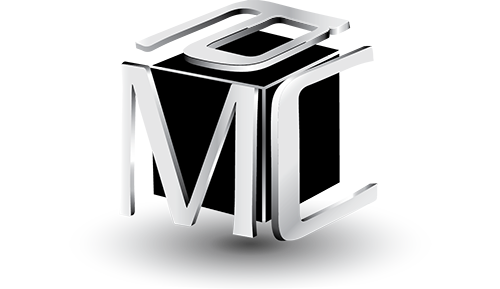
Through People


I was working with a large technical firm on a strategic planning project. We had assigned one team of high-potential engineer/leaders to explore one key strategic topic – the role that culture plays in the current and future success of the enterprise.
After careful research, the team created a great vision of how a focus on culture has helped drive the firm’s success to date and how culture could be leveraged to drive future growth. As engineers are wont to do, the team actually wrote an equation that described how reinforcing existing culture positives and building new culture strengths could create value for the company! Brilliant! The Culture Value Equation was a huge hit and helped a technical group understand a topic in terms they all understood.
Of course, I am now dreaming up all kinds of other equations that describe organizational and talent concepts in mathematical terms. One of them is the Career Success Equation.
The equation reads as follows: Career success is the sum total of all Key Developmental Experiences (KDE’s) throughout an entire career in which Key Leadership Competencies (KLC’s) are called upon. Learning from the experiences is enhanced by regular reflection (Rfn) and feedback (Fdk). The benefits of the learning experience are heightened by an individual’s ability to learn from experience and apply the learning in new situations (Learning Agility, LA).
The Career Success Equation highlights what we now know about what it takes to have a successful career in any organization, in any part of the world.
What do you think? Have an idea for a talent equation of your own? Let me know!